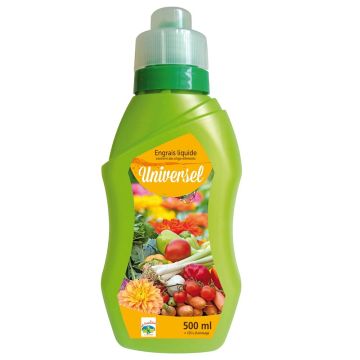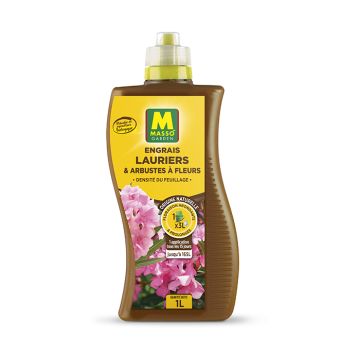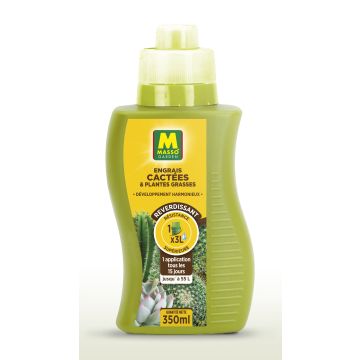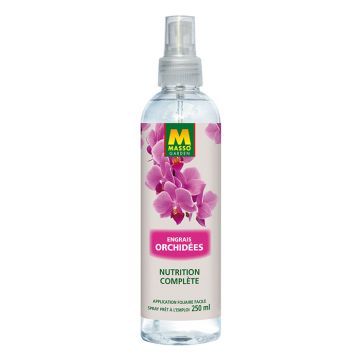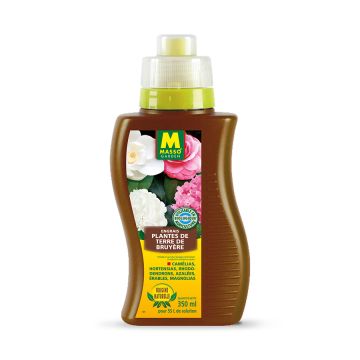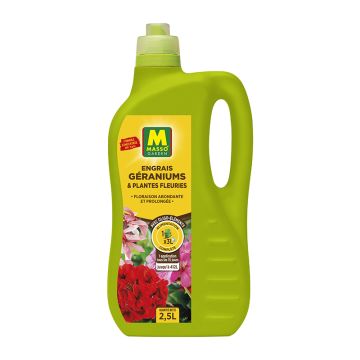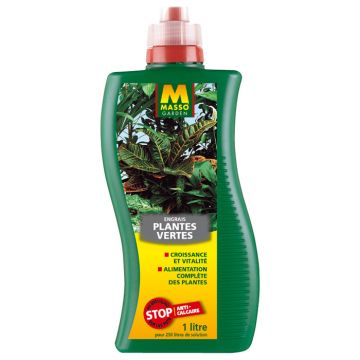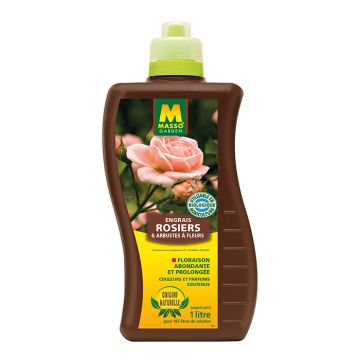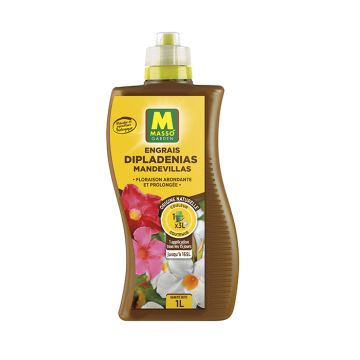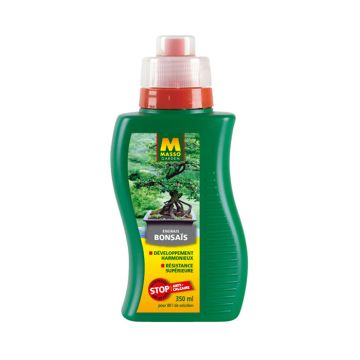Shipping country and language
Your country of residence may be:
Your country of residence is:
For a better user experience on our website, you can select:
Your shipping country:
Andorra
Austria
Belgium
Bulgaria
Canada
Chile
Croatia
Cyprus
Czechia
Denmark
Estonia
Finland
France
Germany
Greece
Hungary
Iceland
Ireland
Italy
Latvia
Lithuania
Luxembourg
Malta
Monaco
Netherlands
Poland
Portugal
Romania
Slovakia
Slovenia
Spain
Sweden
Switzerland
United Kingdom
We only deliver seed and bulb products to your country. If you add other products to your basket, they cannot be shipped.
Language:
French
German
Spanish
English
My Account
Hello
My wish lists
Plantfit
Log in / Register
Existing customer?
New customer?
Create an account to track your orders, access our customer service and, if you wish, make the most of our upcoming offers.
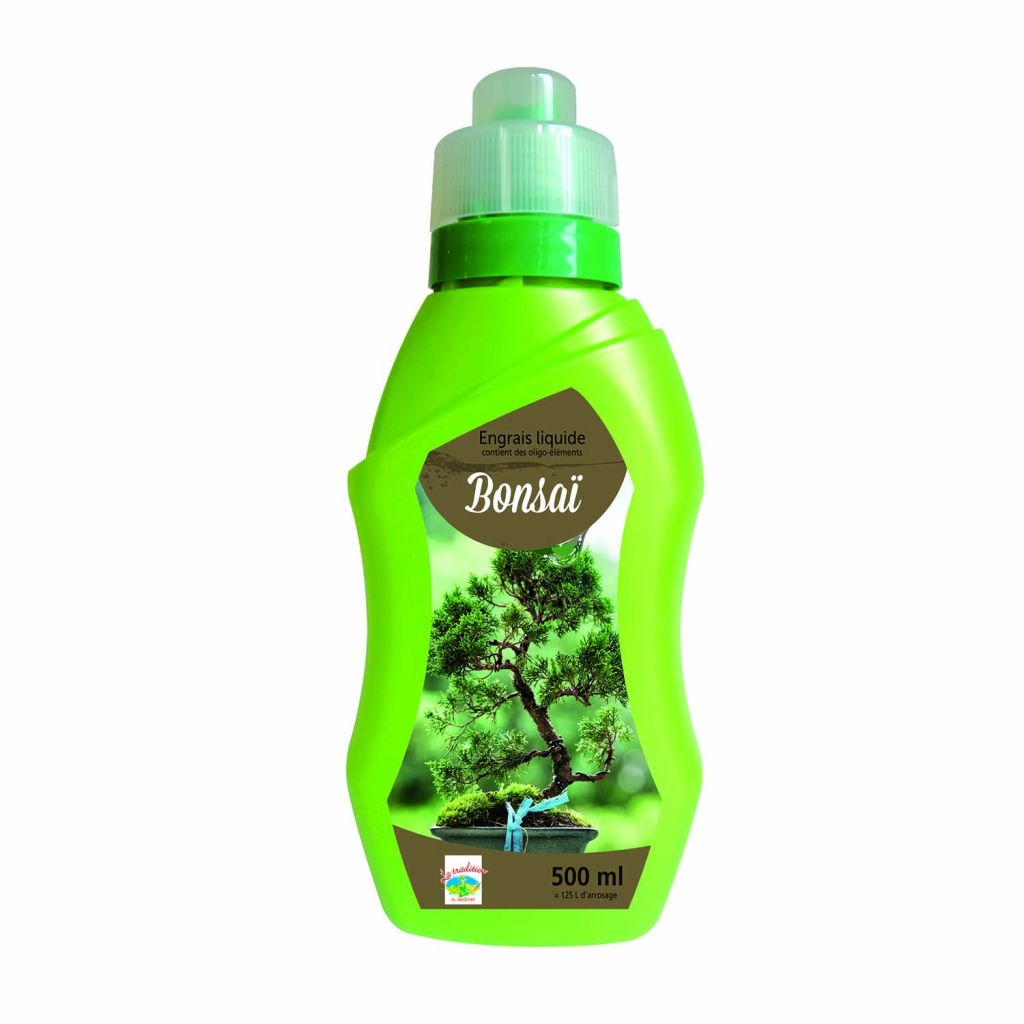

Bonsai Liquid Fertilizer NPK 4-6-6 with Trace Elements, 0.5L bottle
Bonsai Liquid Fertilizer NPK 4-6-6 with Trace Elements, 0.5L bottle
Order in the next for dispatch today!
Dispatch by letter from €3.90.
Delivery charge from €5.90 Oversize package delivery charge from €6.90.
More information
This item is not available in your country.
Schedule delivery date,
and select date in basket
We guarantee the quality of our plants for a full growing cycle, and will replace at our expense any plant that fails to recover under normal climatic and planting conditions.
From €5.90 for pickup delivery and €6.90 for home delivery
Express home delivery from €8.90.
The Bonsai NPK 4-6-6 liquid fertilizer with trace elements is a complete mineral fertilizer that meets the specific needs of all small trees. It promotes the beauty of foliage and flowering, prevents deficiencies, and provides all the essential nutrients in a small volume of substrate. Packaged in a 0.5L container, it can prepare up to 125 litres of nutrient solution.
Growing bonsai requires patience, consistency, and precision. Rooted in a very small pot, the small tree requires essential nutrients for its strength and beauty to be regularly and timely supplied. The bonsai fertilizer must be accurately and precisely dosed, without excess to avoid burning the roots or unbalancing growth, but it must be applied very frequently as small trees are demanding plants. The bonsai fertilizer contains a moderate proportion of nitrogen (N) to avoid favouring stems and foliage at the expense of branch robustness and flower formation.
This fertilizer is in the form of a concentrated solution of nutrients to be diluted in watering water. It does not come from organic matter derived from living organisms, but from inert mineral matter like certain rocks. Its formulation is NPK 4-6-6 with trace elements. This means it is composed of:
- 4% nitrogen (N): this element contributes to the development of non-reproductive aerial parts of the plant, especially leaves and stems.
- 6% phosphorus (P), which strengthens plant resistance and contributes to root development.
- 6% potassium (K): essential for good harvests, it promotes flowering and fruit development.
-
Water-soluble trace elements: 0.013% boron (B), 0.003% copper (Cu) chelated by EDTA, 0.021% iron chelated by EDTA (Fe), 0.011% manganese (Mn) chelated by EDTA, 0.001% molybdenum (Mo), 0.006% zinc (Zn) chelated by EDTA.
Uses: from March to October, during the growth and vegetation period. Never fertilize on dry substrate or when the plant shows signs of dehydration or disease. Wait at least 3 weeks after repotting before applying fertilizer.
Dosage: 1 cap or 20 ml/5L of water.
Plants need water, about twenty essential nutrients found in mineral form in the soil, carbon dioxide (CO2) present in the air, and solar energy essential for photosynthesis in order to live and multiply. The basic elements, called macronutrients, are nitrogen (N), phosphorus (P), and potassium (K). They must be present in the soil in significant quantities. Secondary elements, less important in terms of quantity but nevertheless essential, are calcium (Ca), sulphur (S), and magnesium (Mg). Finally, trace elements, necessary in very small quantities, are represented by iron (Fe), manganese (Mn), molybdenum (Mo), copper (Cu), boron (B), zinc (Zn), chlorine (Cl), sodium (Na), cobalt (Co), vanadium (V), and silicon (Si). The role of a fertilizer is to compensate for soil deficiencies and provide, through optimal dosing, the elements that promote plant growth, flowering and fruit production, or the development of roots, bulbs, and tubers.
Technical features

Detailed features
Tips
Tips
Other Liquid fertilisers
This item has not been reviewed yet - be the first to leave a review about it.
Haven't found what you were looking for?
Hardiness is the lowest winter temperature a plant can endure without suffering serious damage or even dying. However, hardiness is affected by location (a sheltered area, such as a patio), protection (winter cover) and soil type (hardiness is improved by well-drained soil).

Photo Sharing Terms & Conditions
In order to encourage gardeners to interact and share their experiences, Promesse de fleurs offers various media enabling content to be uploaded onto its Site - in particular via the ‘Photo sharing’ module.
The User agrees to refrain from:
- Posting any content that is illegal, prejudicial, insulting, racist, inciteful to hatred, revisionist, contrary to public decency, that infringes on privacy or on the privacy rights of third parties, in particular the publicity rights of persons and goods, intellectual property rights, or the right to privacy.
- Submitting content on behalf of a third party;
- Impersonate the identity of a third party and/or publish any personal information about a third party;
In general, the User undertakes to refrain from any unethical behaviour.
All Content (in particular text, comments, files, images, photos, videos, creative works, etc.), which may be subject to property or intellectual property rights, image or other private rights, shall remain the property of the User, subject to the limited rights granted by the terms of the licence granted by Promesse de fleurs as stated below. Users are at liberty to publish or not to publish such Content on the Site, notably via the ‘Photo Sharing’ facility, and accept that this Content shall be made public and freely accessible, notably on the Internet.
Users further acknowledge, undertake to have ,and guarantee that they hold all necessary rights and permissions to publish such material on the Site, in particular with regard to the legislation in force pertaining to any privacy, property, intellectual property, image, or contractual rights, or rights of any other nature. By publishing such Content on the Site, Users acknowledge accepting full liability as publishers of the Content within the meaning of the law, and grant Promesse de fleurs, free of charge, an inclusive, worldwide licence for the said Content for the entire duration of its publication, including all reproduction, representation, up/downloading, displaying, performing, transmission, and storage rights.
Users also grant permission for their name to be linked to the Content and accept that this link may not always be made available.
By engaging in posting material, Users consent to their Content becoming automatically accessible on the Internet, in particular on other sites and/or blogs and/or web pages of the Promesse de fleurs site, including in particular social pages and the Promesse de fleurs catalogue.
Users may secure the removal of entrusted content free of charge by issuing a simple request via our contact form.
The flowering period indicated on our website applies to countries and regions located in USDA zone 8 (France, the United Kingdom, Ireland, the Netherlands, etc.)
It will vary according to where you live:
- In zones 9 to 10 (Italy, Spain, Greece, etc.), flowering will occur about 2 to 4 weeks earlier.
- In zones 6 to 7 (Germany, Poland, Slovenia, and lower mountainous regions), flowering will be delayed by 2 to 3 weeks.
- In zone 5 (Central Europe, Scandinavia), blooming will be delayed by 3 to 5 weeks.
In temperate climates, pruning of spring-flowering shrubs (forsythia, spireas, etc.) should be done just after flowering.
Pruning of summer-flowering shrubs (Indian Lilac, Perovskia, etc.) can be done in winter or spring.
In cold regions as well as with frost-sensitive plants, avoid pruning too early when severe frosts may still occur.
The planting period indicated on our website applies to countries and regions located in USDA zone 8 (France, United Kingdom, Ireland, Netherlands).
It will vary according to where you live:
- In Mediterranean zones (Marseille, Madrid, Milan, etc.), autumn and winter are the best planting periods.
- In continental zones (Strasbourg, Munich, Vienna, etc.), delay planting by 2 to 3 weeks in spring and bring it forward by 2 to 4 weeks in autumn.
- In mountainous regions (the Alps, Pyrenees, Carpathians, etc.), it is best to plant in late spring (May-June) or late summer (August-September).
The harvesting period indicated on our website applies to countries and regions in USDA zone 8 (France, England, Ireland, the Netherlands).
In colder areas (Scandinavia, Poland, Austria...) fruit and vegetable harvests are likely to be delayed by 3-4 weeks.
In warmer areas (Italy, Spain, Greece, etc.), harvesting will probably take place earlier, depending on weather conditions.
The sowing periods indicated on our website apply to countries and regions within USDA Zone 8 (France, UK, Ireland, Netherlands).
In colder areas (Scandinavia, Poland, Austria...), delay any outdoor sowing by 3-4 weeks, or sow under glass.
In warmer climes (Italy, Spain, Greece, etc.), bring outdoor sowing forward by a few weeks.
